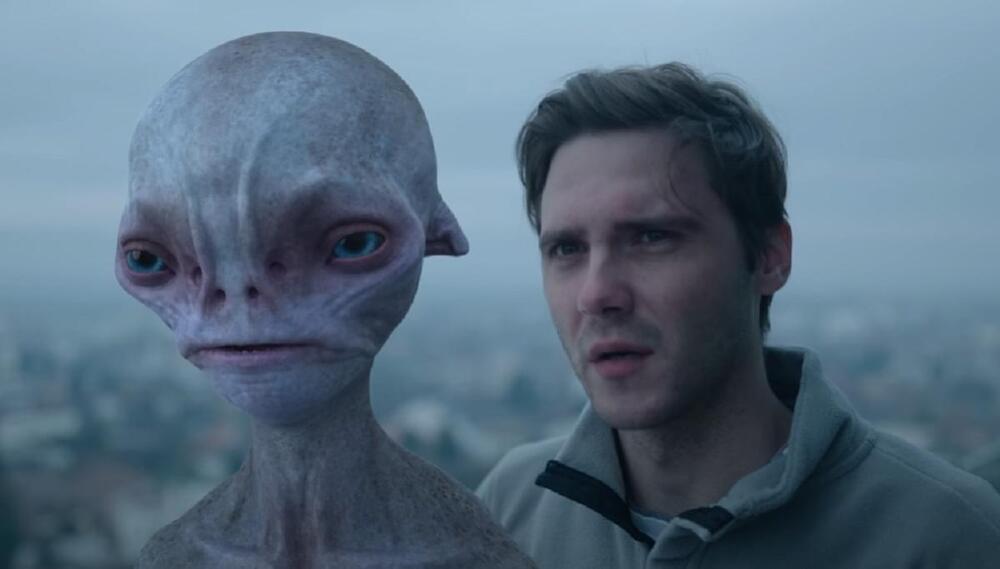Madhumita Murgia Hi, my name is Madhumita Murgia, and I’m one of the presenters of Tech Tonic. We’re looking for some feedback from our listeners about the show. So if you have a second, please fill out our brief listener survey, which you can find at ft.com/techtonicsurvey.
[MUSIC PLAYING]
In this season of Tech Tonic, we’ve been talking about quantum computers and why some people think they’re so revolutionary. But so far we’ve mainly talked about the things quantum computers can do, or at least what they might be able to do in the future that makes them so groundbreaking: performing calculations that should take centuries in minutes, cracking the unbreakable codes of the internet, dramatically speeding up the development of new drugs and materials. But what we haven’t done yet is look at why they’re able to do these things. What’s going on inside a quantum computer that makes them so extraordinary, so completely different to any computer that’s come before.




